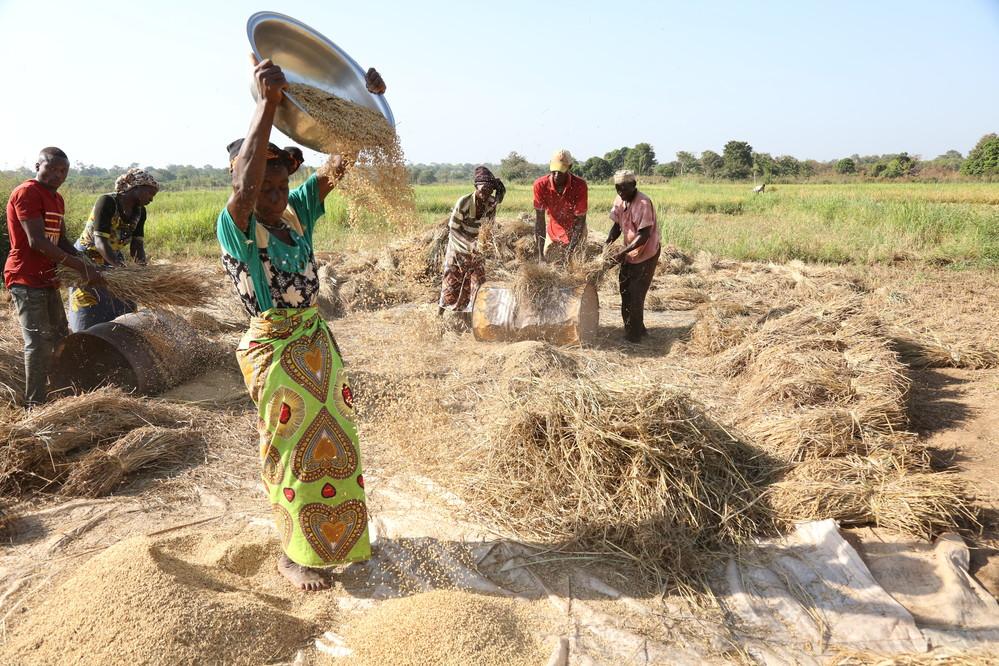
African leaders and agricultural experts have called for a fundamental shift in how farmers are valued, urging governments to recognise them not as recipients of aid, but as key drivers of development.
The appeal came during the sixth edition of the African Resilience Forum, held in Abidjan from October 1 to 3, 2025, which focused on strategies to strengthen food security and resilience across the continent.
“Agriculture is a dominant activity in crisis zones. We are told that without peace, there is no development. But without food, there is no peace. It is time to involve farmers in discussions on agriculture.
Very often, policies are developed without them. We must reach out to them and discuss solutions that affect them,” said Roland Fomundam, CEO of Cameroonian greenhouse specialist Greenhouse Ventures.
Beth Bechdol, Deputy Director-General of the UN Food and Agriculture Organization (FAO), reinforced this message, stressing the economic agency of farmers. “Farmers are the private sector. They invest; they find solutions. We need to do better together. If we want to have a better impact on our people, we need new metrics. For example, how much we have improved producers’ incomes over time.”
Panelists highlighted examples from across Africa. Abdilhakim Yusuf Ali Ainte, Director of the Food Security and Climate Department in Somalia, explained that the country mobilised $6 billion through private sector engagement to strengthen human capital and save lives. “The most important resource is the private sector. We need a vibrant private sector, invited to the negotiating table, to propose sustainable solutions,” he said.
Martin Fregene, Director of Agriculture and Agribusiness at the African Development Bank, urged reliance on existing production systems, noting that small and medium-sized enterprises produce the majority of food on the continent. He said support should focus on increasing production and ensuring the survival of these businesses through innovation, climate-resilient infrastructure, and access to inputs.
Kenyan agripreneur Felista Nyakio highlighted the need for cultural change around agriculture. “Agriculture is perceived as degrading work. We must show farmers that they are an integral part of the nation and educate children about the benefits of agriculture. Let’s make sure they love this sector,” she said.
Organised under the theme “Prevention is better, action is better: financing peace in a context of development cooperation in transition,” the forum brought together policymakers and development actors to explore sustainable strategies for peace, food security, and economic growth across Africa.
The forum underscored a shared vision: placing farmers at the centre of development as agents of resilience, rather than passive beneficiaries of aid.



